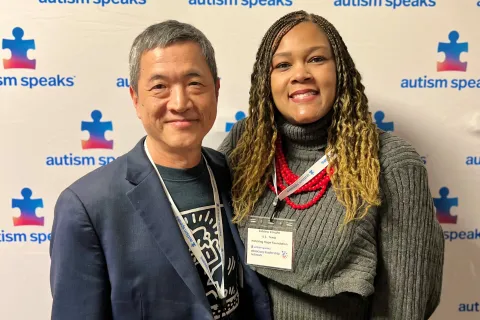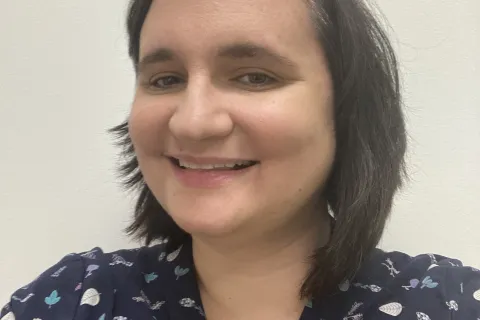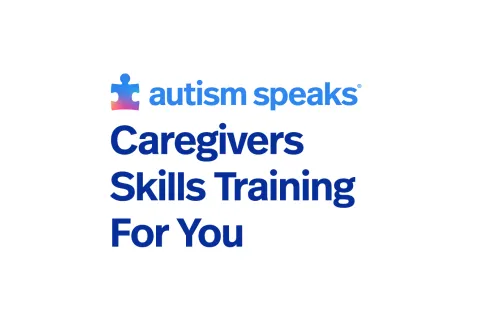Legislation to Support Family Caregivers Advances
October 31, 2017The Recognize, Assist, Include, Support, and Engage (RAISE) Family Caregivers Act was introduced to support family caregivers in the United States, the millions of individuals who rely on them, as well as the economy and workplaces who benefit from their contributions.
Family caregivers serve as the most important source of support for people with autism and other chronic health conditions, disabilities, or functional limitations. The majority of adults with autism live at home with family caregivers. Whether they are a relative, partner, friend, or neighbor, family caregivers provide a broad range of assistance by helping with activities such as eating, bathing, dressing, transportation, managing finances, performing medical/nursing tasks, tracking medications, and coordinating with health providers and settings. Estimates show 3.5 million individuals with intellectual or developmental disabilities live with family caregivers, of whom over 850,000 are age 60+. Moreover, in 2013, 40 million family caregivers provided unpaid care valued at about $470 billion. If family caregivers were no longer available, the economic cost to the U.S. health care and long-term services and supports (LTSS) systems would increase astronomically.
On September 27, 2017, the RAISE Family Caregivers Act (S. 1028) unanimously passed the Senate and headed to the House thanks to the leadership of Senators Susan Collins (R-ME) and Tammy Baldwin (D-WI). The bipartisan legislation was endorsed by more than sixty aging and disability organizations, including Autism Speaks.
The RAISE Family Caregivers Act supports the more than 40 million family caregivers in the United States, the millions of individuals who rely on them, as well as the economy and workplaces who benefit from their contributions. If enacted, the bill would implement the bipartisan recommendation of the federal Commission of Long-Term Care that Congress direct the Secretary of Health and Human Services to develop, maintain, and update a strategy to support family caregivers. Furthermore, it would bring together relevant federal agencies and others from the private and public sectors, such as family caregivers, older adults, persons with disabilities, health care and LTSS providers, employers, relevant industries, state and local officials, and others on an advisory council to make recommendations regarding the national strategy.
The RAISE Family Caregivers Act (H.R.3759) has been referred to the House Committee on Education and the Workforce and has 72 co-sponsors as of October 31. As Autism Speaks continues to support the passage of S.1028/H.R. 3759, we encourage you to thank and encourage your members of Congress for support of family caregivers.







